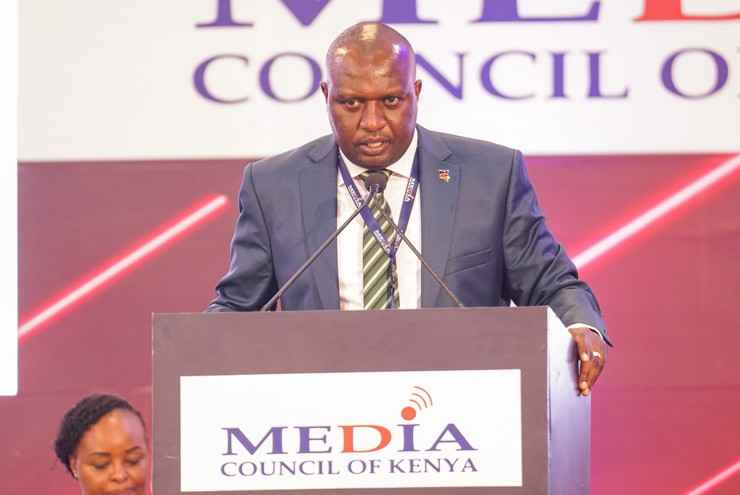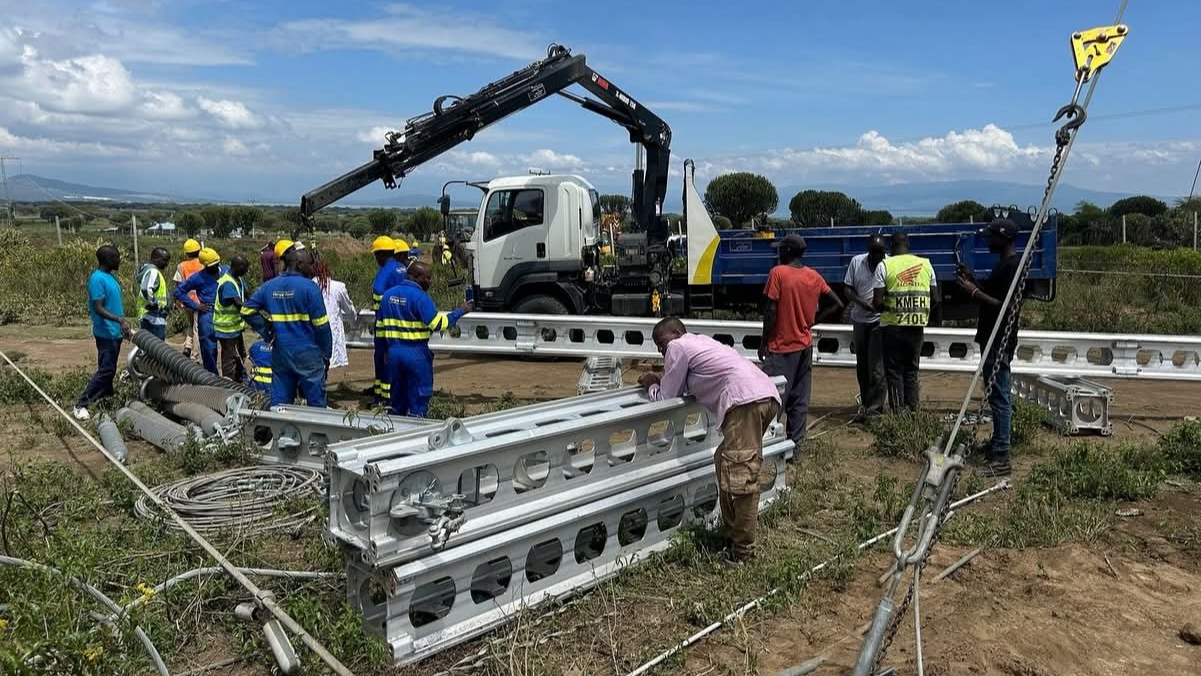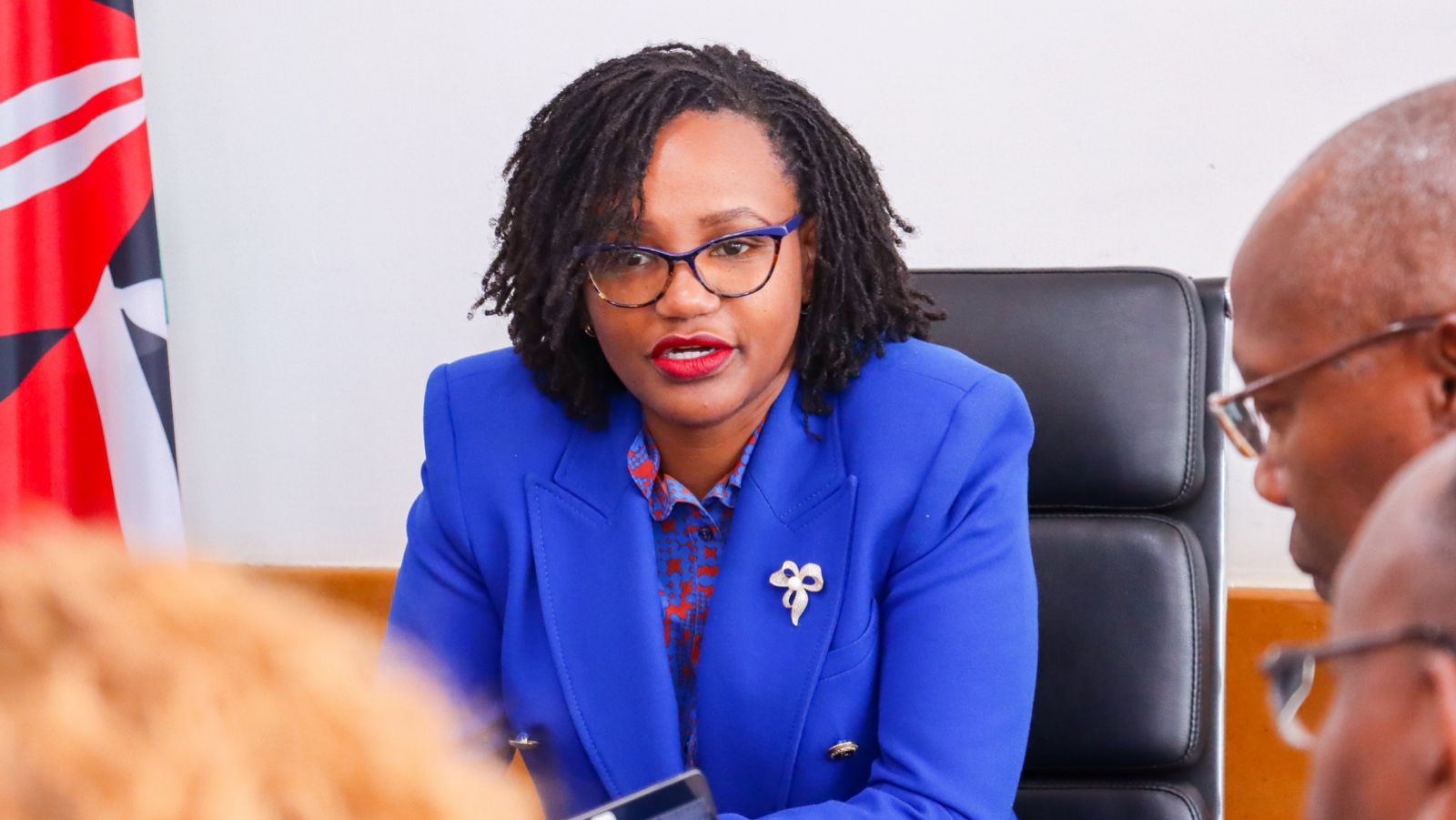A report by the Media Council of Kenya (MCK) to evaluate the Media Environment in the country has revealed dire working conditions for journalists.
In the report released on Friday, May 2, MCK noted that 52 % of journalists in Kenya do not have medical cover, while 48% have medical cover.
The report also disclosed that 75 % of journalists working in Media houses have written contracts, while 80% of freelance journalists do not have written contracts with any media outlets.
According to MCK, 45% of the journalists hold one-year contracts, while 41% of them have contracts extending beyond two years. Journalists with short-term contracts of three and six months account for 7% each.
“Among journalists with contracts, the majority (71%) are employed on a temporary basis, while only 29% hold permanent positions,” the MCK report read in part.
Read More

MCK highlighted that 53% of journalists reported that they were paid leave allowance, while the other 47% were not paid leave allowance.
At the same time, MCK observed that leading safety concerns for journalists reported across counties included a lack of protective gear, denial of access, threats, and physical attacks.
Other issues mentioned were destruction of equipment, psychological harassment, restrictive laws, and the absence of risk assessment protocols.
“Journalists also cited arrests, legal prosecution, phone tapping, and unjustified dismissals as significant concerns. Additionally, abductions, media house closures, and police harassment were noted as areas of concern,” the report stated.
Further, the MCK survey revealed that 62 % of journalists reported that financial limitations would hinder their ability to follow the code of conduct to varying degrees, while 38 % stated that financial constraints would not affect their adherence.
“Specifically, 26% said it would affect them to a moderate extent, 18% to a small extent, and 17% indicated that it would largely hinder their adherence,” the council stated.
MCK recommended that media organizations consider increasing the proportion of longer-term contracts to promote job security and retain skilled journalists.
The council also recommended that media employers explore strategies to increase permanent employment opportunities.
“Enhancing job security could lead to improved employee morale, retention, and the overall quality of journalism,” MCK added.
The Kenya Union of Journalists (KUJ) and other stakeholders were urged to develop a standardized contract template for freelancers and recommend minimum welfare benefits, including medical cover and paid leave, for all journalists, including those on temporary contracts.
Additionally, MCK recommended that media outlets, professional bodies, and the government enhance their commitment to journalist safety by implementing robust safety protocols, providing adequate protective gear, and offering training on risk assessment and digital cybersecurity.
The data was collected from journalists accredited for the year 2024/2025. The sample included journalists from three main categories: national, media practitioners, and foreign long-term journalists.



-1770368133.png)


